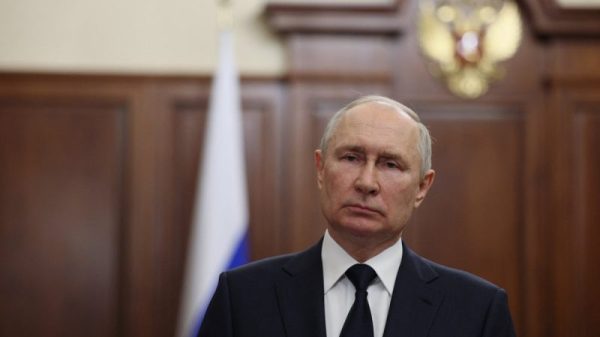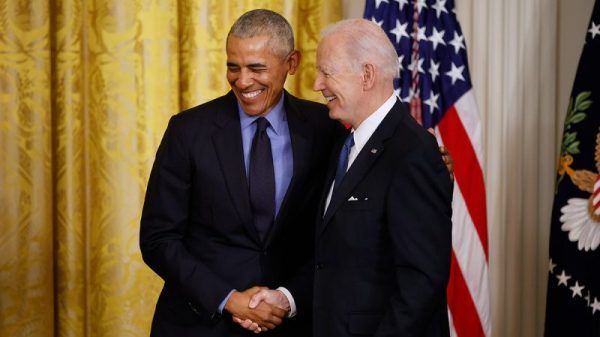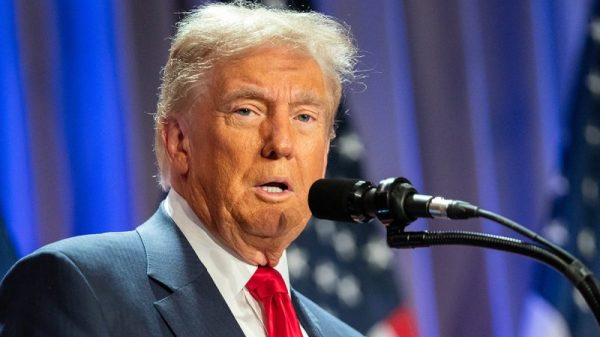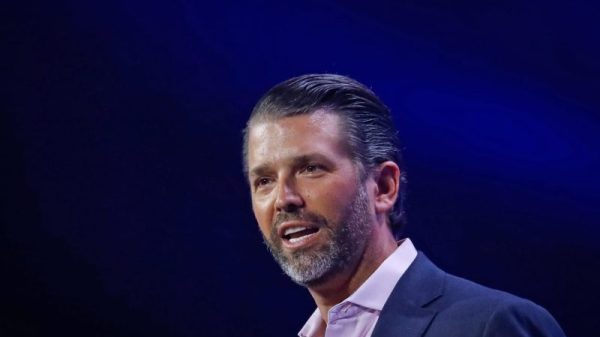Six First Nations in Northern Ontario initiated a court challenge against the province’s mining act last week, claiming that it infringes on their treaty and constitutional rights.
The challenge comes at a time when investors are keenly watching the province’s mineral-rich areas, particularly in light of Ontario’s push for critical minerals essential to the electric vehicle (EV) industry.
The First Nations involved in the challenge are the Apitipi Anicinapek Nation, the Aroland First Nation, the Attawapiskat First Nation, the Fort Albany First Nation, the Ginoogaming First Nation and Kitchenuhmaykoosib Inninuwug.
They assert that the Ontario Mining Act violates their treaty rights under Section 35 of Canada’s constitution, as well as their charter rights to equality. The core of their argument is that the act allows mineral claims to be staked and exploration activities to commence on their traditional territories without proper consultation or consent.
“The Ontario Mining Act is a piece of racist legislation that bulldozes over First Nations lands and rights,” CBC quotes Chief June Black of the Apitipi Anicinapek Nation as saying in a Monday (August 12) press conference. “It says to the world that the land in Ontario is free for the taking and drilling and blowing up. These are not your lands to give away, Ontario.”
The Ontario Mining Act is a regulatory framework that governs mineral exploration and development in the province.
At its core, the act operates on a ‘free-entry’ system that permits prospectors to stake mineral claims on Crown land — land owned by the government — without prior consultation with Indigenous communities.
While the system has been in place for over a century, the act has faced growing criticism, particularly from Indigenous groups, which believe it undermines their rights and disregards environmental concerns.
The act has been amended multiple times, most recently in 2023 with the Building More Mines Act, which was geared at streamlining the permitting process. However, these amendments have not quelled concerns among First Nations, who have said their lands and waters are being compromised without their consent.
Kate Kempton, who is senior counsel at Woodward and Company Lawyers and is representing the nations, criticized Ontario’s efforts to engage with First Nations at the same press conference, describing it as a ‘paper chase.’
‘The Crown governments … pretend that they’re engaging with First Nations, but they do nothing effectively but send out form letters. It’s an appalling, insulting, discriminatory regime,’ she commented.
The legal action seeks to have certain provisions of the Ontario Mining Act declared unconstitutional, and demands that the province consult with First Nations before any mining claims are registered on their lands.
The outcome of this case could set a precedent, not just in Ontario, but across Canada, where similar free-entry systems are in place. As mentioned, the timing of this legal challenge is worth noting, as it coincides with the Ontario government’s broader efforts to position the province as a leader in the global EV supply chain.
In April, automobile giant Honda (NYSE:HMC) announced plans to invest C$15 billion in Ontario to establish a comprehensive EV value chain. The plan includes the construction of an EV assembly plant capable of producing 240,000 vehicles per year, as well as a battery manufacturing facility with a capacity of 36 gigawatt hours annually.
A cathode active material and precursor processing plant is also planned, as is a separator plant.
The investment takes advantage of Canada’s growing importance in the global EV market, particularly in light of its rich natural resources, including lithium, cobalt, copper, graphite and other essential materials for EV components.
Disruptions to mining could have ramifications for investors, particularly those focused on these materials.
While the Ontario government has been relatively tight-lipped about the lawsuit, Mines Minister George Pirie, together with Ontario Premier Doug Ford, is hoping for a favorable settlement with the First Nations.
‘If we don’t collaborate and co-operate with each other at all three different levels of government and organizations, nothing gets built. But when we do collaborate and co-operate, there’s no one that can stop us around the world,’ Ford said.
Securities Disclosure: I, Giann Liguid, hold no direct investment interest in any company mentioned in this article.


































